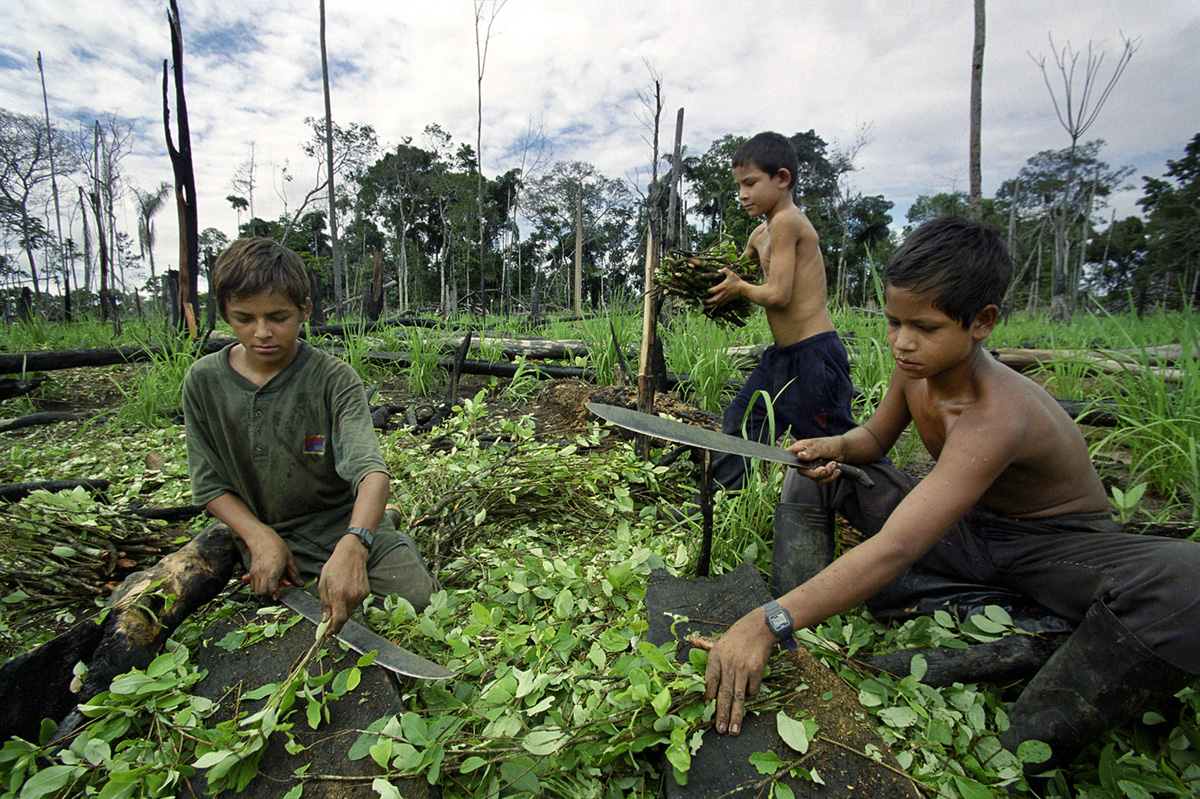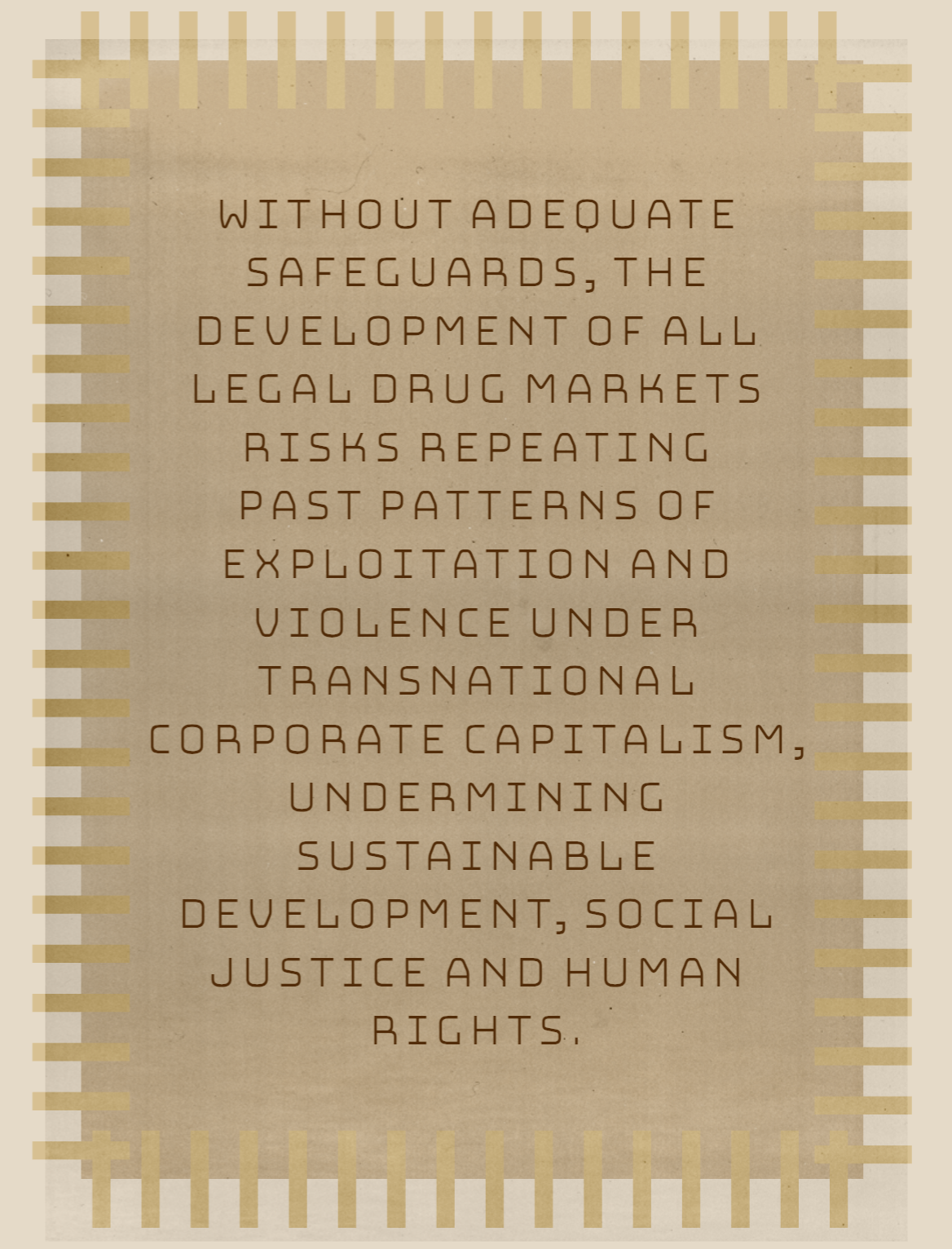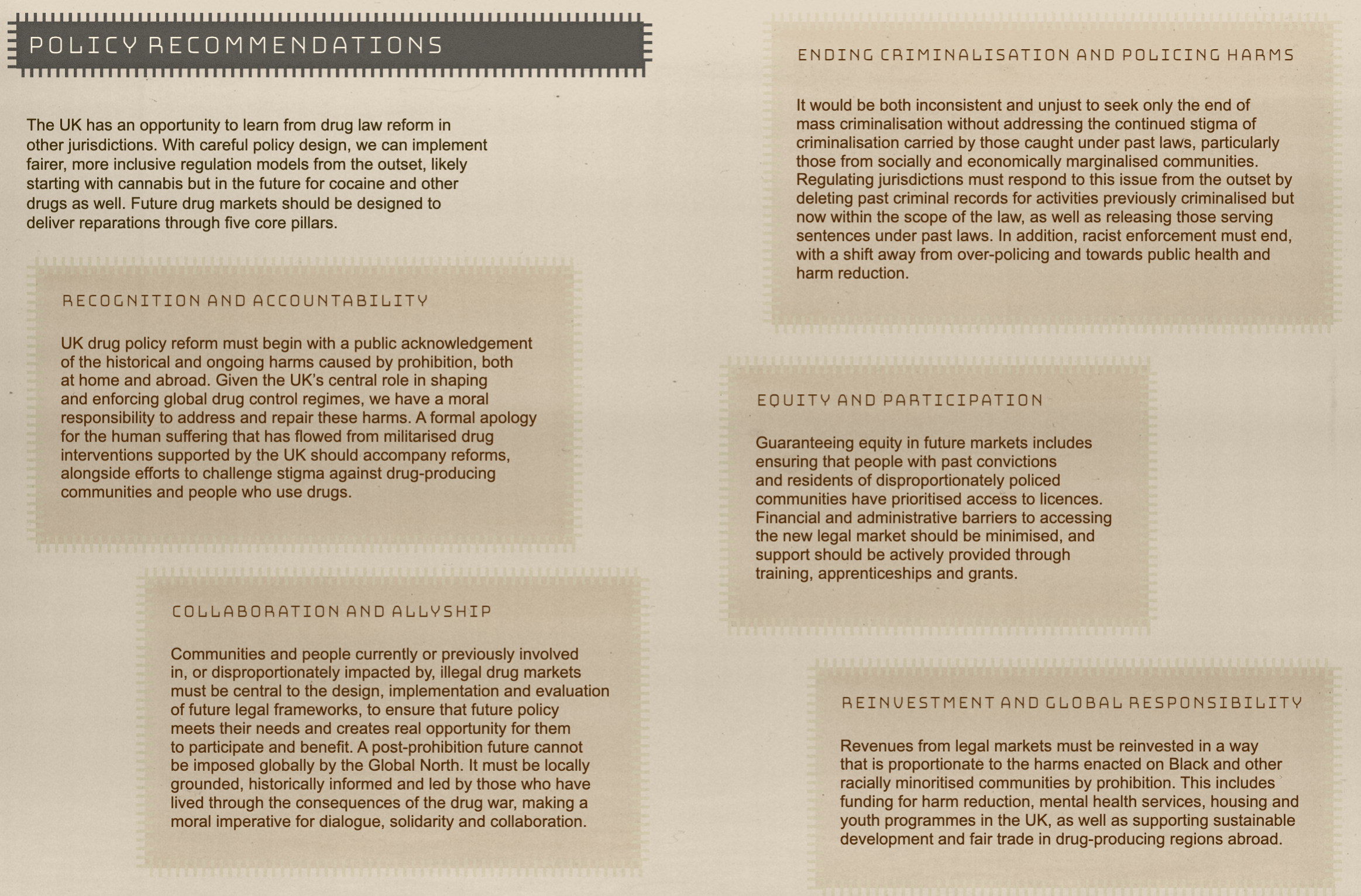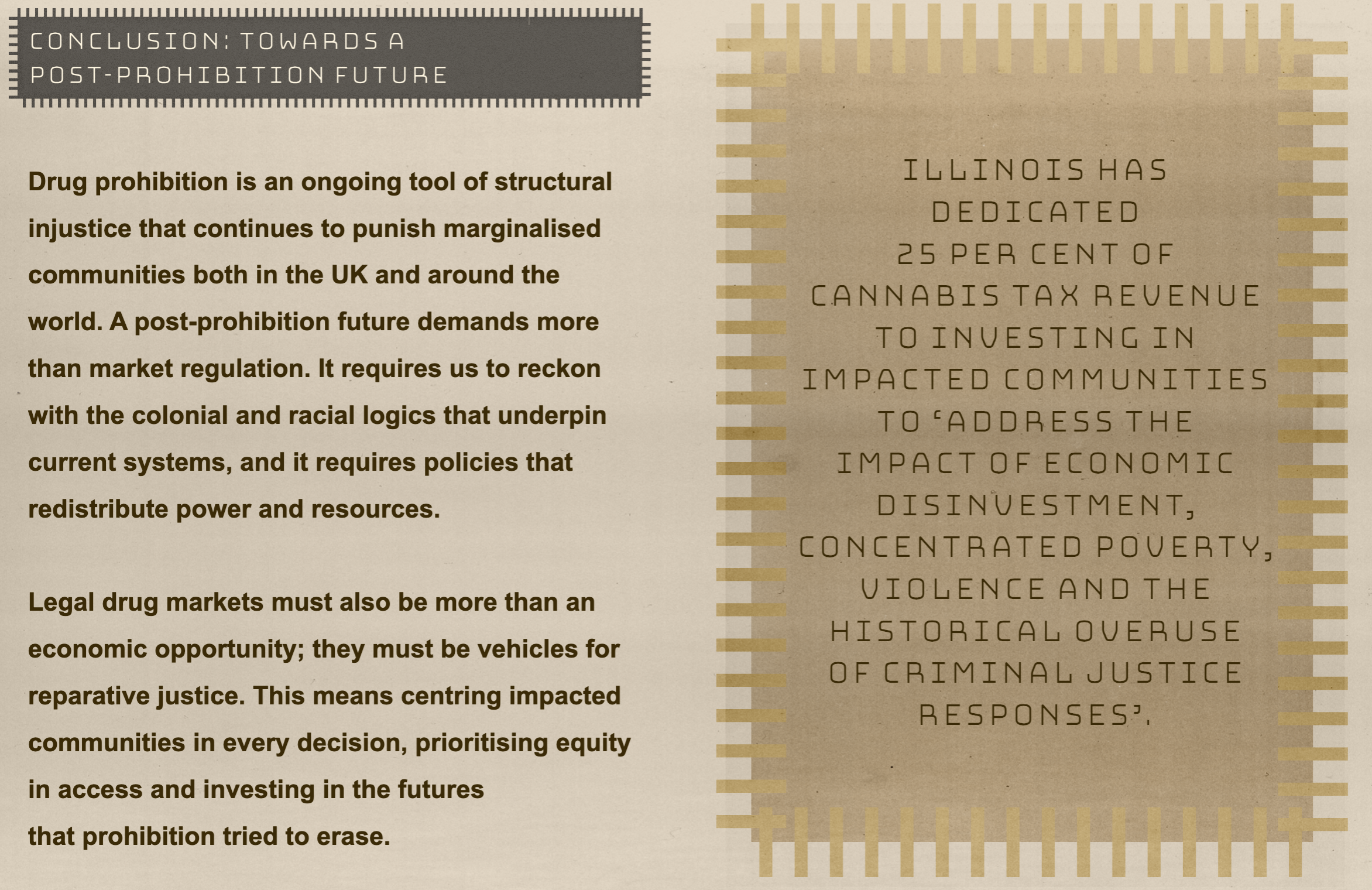15th September 2025
This essay, by Mary Ryder -Transforms' research coordinator, is part of a new collection published by the Runnymede trust called 'Reparations', available here. 'Reparations are an opportunity to radically redesign our political and economic systems in a way that benefits all, and addresses the many global crises we are facing. Across 11 thematic chapters, each penned by an expert in their field, this report shows how reparations can be framed as creating possibilities for a fairer future. Covering areas including wealth divisions, aid, drug policy and reparatory justice, education policy, climate justice, death, and proposals for a National Commission on Reparative Justice, the report calls for redistribution, repair, and the creation of a renewed alternative'
Reframing Reparations
In 2018, Antigua and Barbuda Prime Minister Gaston Browne announced plans to reform cannabis legislation with a courageous statement: “I have issued a genuine apology to the Rastafarian Community”. Acknowledging decades of persecution and repression at the hands of the police, he called for Rastafarians to “be given a stake in production and benefits to be derived going forward,” framing this inclusion as “reparations for Rastafarian, for the wrongs inflicted on this significant minority group in our Countries, through the so-called ‘war on drugs’ which evidently was prompted by pernicious prohibition”.
This recognition of historical injustice stands in stark contrast to UK Prime Minister Keir Starmer’s declaration in October 2024 that “reparations for slavery would not be on the agenda” - a position that reflects a broader unwillingness to confront the enduring legacies of racial injustice in Britain. The British PM’s casual dismissal of reparations is especially troubling in the context of UK drug policy, where prohibitionist laws rooted in colonial ideologies today continue to disproportionately harm Black and other racially minoritised communities.
As drug law reform gains momentum globally, the need to integrate reparative justice into legal drug markets is emerging as both a critical challenge and a transformative opportunity to address the social, racial, and economic injustices of drug prohibition. This requires not only domestic reforms but also protections for the communities across the world who have historically been involved in the production and supply of illicit drug markets. Equity frameworks intended to help redistribute economic power to marginalised and disproportionately impacted communities in legal cannabis regulation are increasingly informing broader debates around reparations and justice in the regulation of other plant-based drugs.
At Transform Drug Policy Foundation, we advocate for the legal regulation of cannabis, cocaine, and other drugs not as an end in itself, but as a way to reduce harm and address systemic injustice. Legal regulation raises fundamental questions: how can new legal markets create economic opportunities for excluded and marginalised communities? Will those most harmed by prohibition benefit from legalisation? Here, this paper explores how regulated drug markets can serve as vehicles for structural reparations - policies that go beyond symbolic gestures or financial compensation, to meaningfully redistribute power and resources, end punitive drug law enforcement, rebuild civil society, and promote inclusive, sustainable development. In other words, will people in Britain and elsewhere - especially those who use or sell drugs - be better off under legally regulated markets than illegal markets under prohibition?

Why Reparation is Needed
Calls for reparative justice in drug policy are significantly driven by the growing recognition of the colonial architecture through which global prohibition was formulated and implemented. The 1961 Single Convention on Narcotic Drugs is the foundation of global drug prohibition. The treaty aims to eliminate drug production, supply and use of specific drugs (non medical or scientific uses) through coordinated international enforcement action, under the guise of protecting humanity from a “serious evil” that we have a “duty to combat”. But global drug prohibition is not neutral - As Antigua and Barbuda Prime Minister identifies, the prohibition of cannabis was not primarily motivated by concern for the health or well-being of users, but to serve “the racist, political and economic interests” of the then global powers. The UK - among other major consumer countries and former colonial powers - bears a specific responsibility for those harms and a duty to help address them today.
Cocaine markets offers a particularly challenging but urgent case study. In the UK, cocaine-related deaths are rising sharply. As global cocaine production rises to meet growing demand - despite decades of intense enforcement -, prohibition is fuelling environmental destruction, undermining Indigenous rights, driving prison overcrowding, and destabilising key producer and transit countries across Latin America. Without adequate safeguards, the development of legal drug markets risks repeating past patterns of exploitation and violence under transnational corporate capitalism, undermining sustainable development and human rights. Unless mitigating these risks is prioritised from the outset, the communities most harmed by prohibition will once again be excluded from the benefits of reform.
Within the UK,drug enforcement continues to drive structural injustice through over policing and racial profiling among Black and ethnically minoritised communities. Black people are over five times more likely to be stopped and searched for drugs than White people, despite similar rates of use, and are convicted of cannabis possession at nearly 12 times the rate. A criminal record can have long-term impact on an individual’s life outcomes, from employment discrimination to housing opportunities, perpetuating the trauma of unjust criminalisation.
In the US, drug law reform advocates have demonstrated how drug arrests contribute to school exclusion, deportation, housing problems and family separation. The idea that drug offences are "minor" ignores their profound social impacts. These patterns of harm are sustained and systemic, constituting a moral and policy imperative for both reform and reparations.

A Reparative Model for Drug Reform
In 2009, Transform Drug Policy Foundation’s, “After the War on Drugs: Blueprint for Regulation” laid out for the first time a set of practical and pragmatic options for the future legal regulation of cannabis, stimulants, psychedelics, and opioids. Since then, these regulation models have helped to inform the debate in other contexts and expand the conversation to include justice, equity, and reparations. The conversation has shifted: what was once a question of how legal regulation might theoretically work in practice has evolved to now: ‘What can we learn from the implementation of legally regulated markets?’, particularly as early experiences of cannabis legalisation have brought the issues of social and racial justice to the fore
In the United States, many reform states have introduced measures early to acknowledge and address the disproportionate harms of cannabis prohibition, often using tax revenue from the legal market to fund these tools for redress. In particular, so-called ‘social equity programmes’ aim to prevent legal markets from being dominated by large corporations by redistributing opportunity and investment to the communities most harmed by prohibition. Measures include licence fee waivers, access to grants and loans, and technical support such as legal and business training for equity applicants. In Oakland, equity applicants received license fee waivers and three years of free rent and security. Illinois dedicated 25% of cannabis tax revenue to investing in impacted communities to ‘address the impact of economic disinvestment, concentrated poverty, violence and the historical overuse of criminal justice responses’. Crucially, social equity models also involve the automatic expungement of criminal records for activities that are now legal. Missouri, for example, allocated $7 million to expunge cannabis offences.
While the outcomes of equity programmes have been mixed, they reflect a fundamental shift: from a focus on individual blame and criminality to an acknowledgment of systemic harm and the need for structural redress. Measurable successes have so far been limited, but policy and practice continues to evolve. Social equity must be a consideration and central pillar of all drug law reform in the UK.
Another way to avoid corporate capture is through the not-for-profit association model (also known as collectives, co-operatives, or Cannabis Social Clubs (CSCs)). Originating in Spain in 2001, CSCs allow members to collectively grow and share cannabis for personal use among registered members. These private, non-profit organisations provide community-based environments that seek to encourage responsible use of quality-controlled products, whilst avoiding the risks of commercialised models and profit-incentives to initiate or increase consumption. This model could be readily adapted or expanded to include other drugs.

Policy Recommendations
The UK has an opportunity to learn from drug law reform in other jurisdictions. With careful policy design, we can implement a fairer, more inclusive regulation models from the outset, likely starting with cannabis, but in the future for cocaine and other drugs as well. Future drug markets should be designed to deliver reparations through five core pillars:
Recognition and Accountability
UK drug policy reform must begin with a public acknowledgment of the historical and ongoing harms caused by prohibition, both at home and abroad. Given the UK’s central role in shaping and enforcing global drug control regimes, we bear a moral responsibility to address and repair these harms. A formal apology for the human suffering that has flowed from militarised drug interventions that the UK has supported should also accompany reforms, alongside efforts to challenge stigma against coca-producing communities, and people who use cocaine and crack.
Ending Criminalisation and Policing Harms
It is both inconsistent and unjust to only seek the end of mass criminalisation going forward without addressing the continued stigma of criminalisation carried by those caught under past laws, particularly those from socially and economically marginalised communities. It is necessary, therefore, for regulating jurisdictions to respond to this issue from the outset by ending criminalisation, deleting past criminal records for activities previously criminalised but now within the scope of the law, as well as releasing those serving sentences under past laws. In addition, racially biased enforcement must end, with a shift away from over-policing and towards public health and harm reduction.
Equity and Participation
Emerging legal markets must be designed to prioritise those who have been historically harmed or excluded because of drug prohibition. This includes ensuring that people with past convictions and residents of disproportionately policed communities have prioritised access to licences. Financial and administrative barriers to accessing the new legal market should be minimised, and support provided through training, apprenticeships, and grants.
Collaboration and Allyship
Communities and people currently or previously involved in, or disproportionately impacted by illegal drug markets must be central to the design, implementation and evaluation of future legal frameworks, to ensure that future policy meets their needs and creates real opportunity for them to participate in and benefit from. Globally, a post-prohibition future cannot be imposed by the Global North. It must be locally grounded, historically informed, and led by those who have lived through the consequences of the drug war, making a moral imperative for dialogue, solidarity, and collaboration.
Reinvestment and Global Responsibility
A significant proportion of revenues from legal markets must be reinvested into communities most harmed by prohibition. This includes funding for harm reduction, mental health services, housing, and youth programmes in the UK, as well as supporting sustainable development and fair trade in coca-producing regions abroad.
Conclusion: Towards a Post-Prohibition Future
Drug prohibition is an ongoing tool of structural injustice that continues to punish marginalised communities both in the UK and around the world. A post-prohibition future demands more than market regulation. It requires reckoning with the colonial and racial logics that underpin current systems, and it requires policies that redistribute power and resources.
Legal drug markets must also be more than an economic opportunity; they must be vehicles for reparative justice. This means centring impacted communities in every decision, prioritising equity in access, and investing in the futures that prohibition tried to erase.





